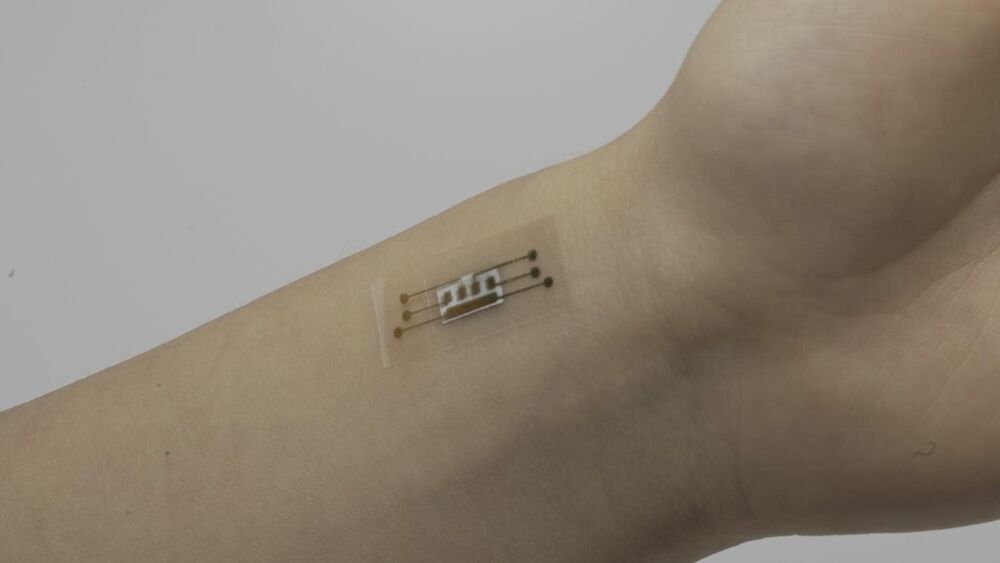Real-time health monitoring and sensing abilities of robots require soft electronics, but a challenge of using such materials lie in their reliability. Unlike rigid devices, being elastic and pliable makes their performance less repeatable. The variation in reliability is known as hysteresis.
Guided by the theory of contact mechanics, a team of researchers from the National University of Singapore (NUS) came up with a new sensor material that has significantly less hysteresis. This ability enables more accurate wearable health technology and robotic sensing.
The research team, led by Assistant Professor Benjamin Tee from the Institute for Health Innovation & Technology at NUS, published their results in the prestigious journal Proceedings of the National Academy of Sciences on 28 September 2020.
